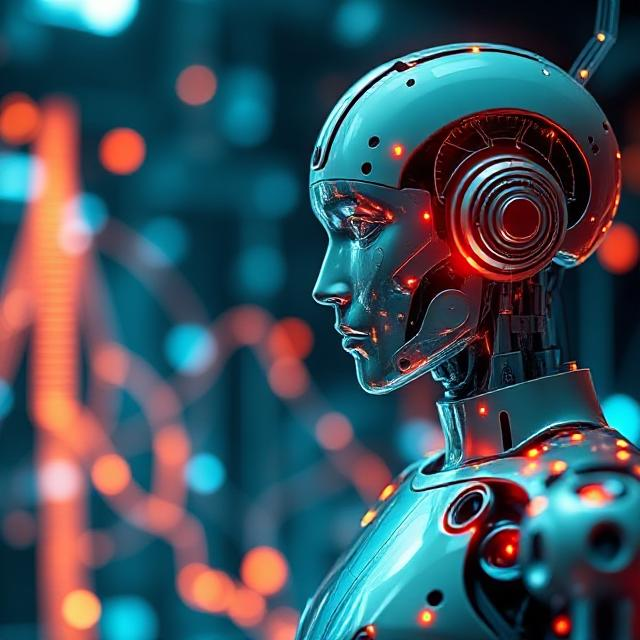Artificial intelligence is no longer just a supporting tool—it has become a fundamental driver of economic change. By 2025, AI is expected to contribute over $15 trillion to the global economy, according to PwC. This transformation is evident across sectors, from manufacturing and healthcare to retail and finance.
Productivity and Efficiency Gains
AI is automating repetitive tasks and optimizing operations in ways never before possible. In the manufacturing sector, predictive maintenance powered by machine learning helps reduce downtime and improve efficiency. In logistics, AI-driven route optimization minimizes fuel usage and delivery times, saving billions annually.
New Business Models
AI has enabled the rise of platform-based and data-driven business models. Companies like Uber, Airbnb, and Amazon thrive by leveraging AI to match supply and demand, personalize offerings, and optimize pricing in real time. Startups are using AI to create entirely new markets, such as AI-driven legal research tools or mental health chatbots.
Impact on the Labor Market
While AI leads to job displacement in certain roles, it also creates new opportunities. The demand for data scientists, machine learning engineers, and AI ethicists is surging. Moreover, many traditional roles are evolving to require new tech-based skills. The global labor market is undergoing a transformation, and upskilling is more crucial than ever.
Global Trade and Competitiveness
Nations investing heavily in AI—such as the U.S., China, and several EU countries—are gaining a competitive edge in global markets. AI innovation is becoming a key factor in trade negotiations, supply chain decisions, and industrial policy. Countries that embrace AI strategically are better positioned to lead in the 21st-century economy.
In short, AI is no longer optional—it’s essential. It is influencing not only how businesses operate but also how economies grow and compete.

Leave a Reply